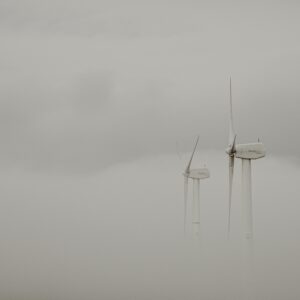Eczema Flare Ups: How Climate and Seasonal Changes Make Things Worse
“Eczema flare ups” are more than just a skin issue. For millions of people, seasonal shifts in temperature, humidity, and allergens can directly influence the frequency and severity of eczema symptoms. Whether it’s the dry winter air or hot summer sun, your skin reacts to climate in ways you may not expect. Understanding this connection is key to preventing flare-ups and finding lasting relief.

How Different Seasons Affect Eczema Flare Ups
Each season introduces new environmental triggers that can impact your skin’s barrier and immune response. Here’s a breakdown:
| Season | Common Triggers | Impact on Eczema | Tips |
|---|---|---|---|
| Winter | Cold air, indoor heating, low humidity | Skin becomes dry and cracked, increasing flare ups | Use thick moisturizers and humidifiers |
| Spring | Pollen, mold, temperature swings | Allergens trigger itching and inflammation | Use air purifiers, limit outdoor exposure |
| Summer | Heat, sweat, sun exposure | Sweat blocks pores and worsens itching | Wear breathable clothing and hydrate |
| Fall | Dry leaves, mold, changing temps | Skin dries out, allergens increase | Moisturize frequently and stay hydrated |
Why Does Weather Affect Eczema?
Eczema, or atopic dermatitis, is linked to a weakened skin barrier. When temperatures drop or rise suddenly, your skin loses moisture or reacts to irritants more aggressively. Dryness, sweat, allergens, and even clothing changes can all lead to new or worsening eczema flare ups.
External Factors You Should Monitor:
Humidity levels in your home
Type of clothing (e.g., wool can irritate skin)
Time spent outdoors during pollen-heavy seasons
Internal Triggers Worsened by Seasons:
Stress during holiday seasons
Diet changes (e.g., spicy summer foods)
Vitamin D deficiency in winter months
Medical Insight
According to the National Eczema Association, managing environmental factors plays a crucial role in controlling eczema symptoms. By identifying and avoiding climate-related triggers, many people experience fewer flare-ups throughout the year.
How to Prevent Climate-Induced Eczema Flare Ups
Taking preventative steps can significantly reduce the impact of climate on your skin:
Skincare Tips by Season:
Winter: Use ointment-based moisturizers and avoid long hot showers.
Spring: Shower immediately after being outdoors to remove allergens.
Summer: Apply fragrance-free sunscreen and rinse off sweat often.
Fall: Layer light clothing and increase indoor air moisture.
NellaDerm Recommended Products:
At NellaDerm, we offer dermatologist-recommended solutions to help manage eczema flare ups through every season. Visit our shop page for the latest seasonal skincare options tailored to sensitive skin.
Final Thoughts
Eczema flare ups are deeply influenced by the climate you live in and the seasonal changes around you. By being aware of what each season brings, you can take proactive steps to protect your skin. Staying consistent with a skincare routine, avoiding common allergens, and adapting to the weather are your best defenses.
Understanding and managing these triggers is crucial for long-term skin health. For more skin care insights, explore our full blog section at NellaDerm.
Our Promise to You
We’re confident our products will transform your skin—but if you’re not completely satisfied, we’ve got your back. Simple as that. Try our products risk-free for 30 days. If you don’t love your results, reach out to our care team and we’ll make it right with a full refund. No questions asked, no complicated returns process. Because everyone deserves skincare that works.

